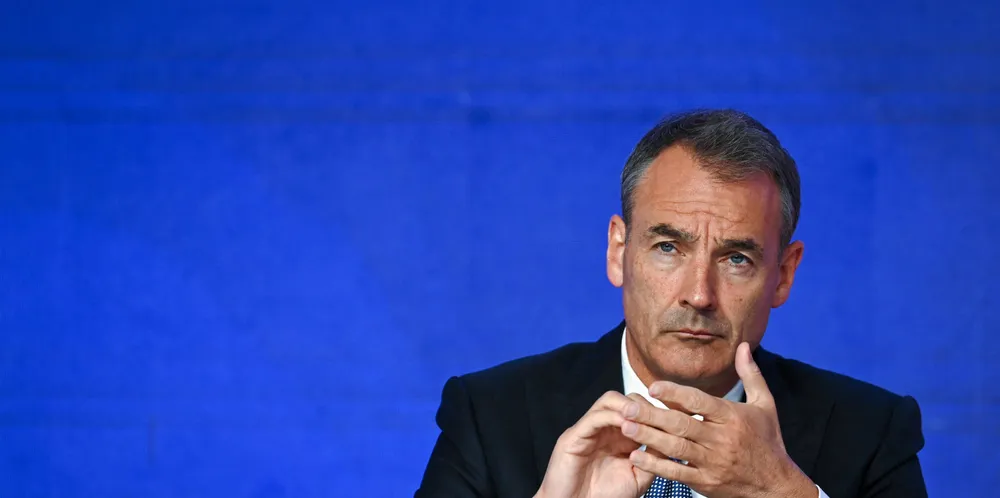BP CEO Looney quits over 'personal relationships' probe raising questions on green agenda
Former boss championed transition and renewables strategy that had already come under pressure

Former boss championed transition and renewables strategy that had already come under pressure
